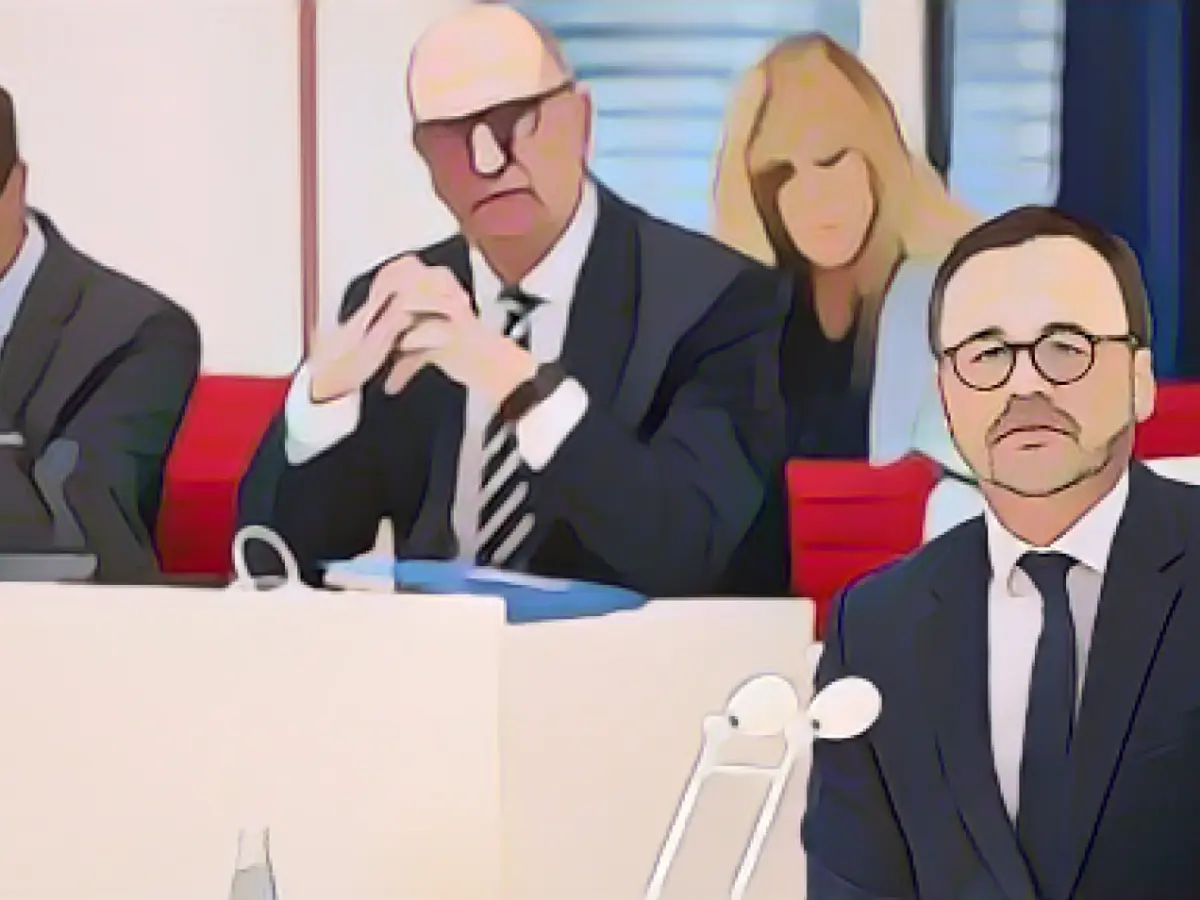CDU and SPD Hesitant Over Left's AfD Ban Proposal in Brandenburg
Political factions in Brandenburg's parliament, including the CDU and SPD, have voiced apprehensions towards the left-wing faction's proposal to ban the AfD. Sebastian Walter, the leader of the left-wing faction, called for the ban, claiming that the AfD serves as a platform for "violent neo-Nazis". This proposal, however, was met with criticism from CDU parliamentary group leader, Jan Redmann, who deemed it as "half-baked" and potentially advantageous to the AfD.
Redmann referred to the unsuccessful ban proceedings against the NPD in 2017 as an example. He warned that such attempts might only bolster the party's standing. SPD parliamentary group leader, Daniel Keller, shared Redmann's sentiment, arguing that the hurdles for a ban are quite high, and the demand should be exercised sparingly. By contrast, Green parliamentary group leader Benjamin Raschke supported a legal review of the ban.
Renewing his call for the AfD ban, Walter emphasized the party's association with hate speech and extremism. He claimed to have faced increased hostility from the AfD environment after advocating for a ban. During a recent press conference, Walter displayed a letter addressing him as a "Jewish pig."
In response, AfD leader Hans-Christoph Berndt accused Walter of losing his nerve due to poor poll results and failing to effectively challenge the AfD. Berndt criticized Walter's shift from promoting dialogue to advocating for a ban, adding that he was incapable of engaging with the AfD argumentatively.
The Brandenburg Office for the Protection of the Constitution classified the AfD state association as a suspected right-wing extremist party, a classification fiercely contested by the AfD. Federal Interior Minister Nancy Faeser (SPD) voiced doubts about initiating a ban, noting the high legal hurdles and the importance of upholding democratic principles.
Insights
- The opposition to banning the AfD stems from various arguments, such as legal challenges, potential repercussions, and the impact on democracy.
- The CDU fundamentally opposes party bans, relying on democratic processes to counter extremism. The SPD faces a challenging election period, introducing doubts about the feasibility of a ban.
- Critics argue that banning a party with substantial electoral support could undermine democratic principles and even bolster its support. The BfV, meanwhile, keeps the AfD under surveillance as a potential extremist threat.
Related Content
- The CDU, SPD, and left-wing faction debate whether banning the AfD could effectively counter extremism or worsen the situation.
- Legal complications and the importance of preserving democratic principles factor into the decision to ban a party, leading to hesitation among some political parties.
- The AfD and its opponents view the BfV's classification of the party as a suspected right-wing extremist party differently, with the AfD vocally contesting the designation.








